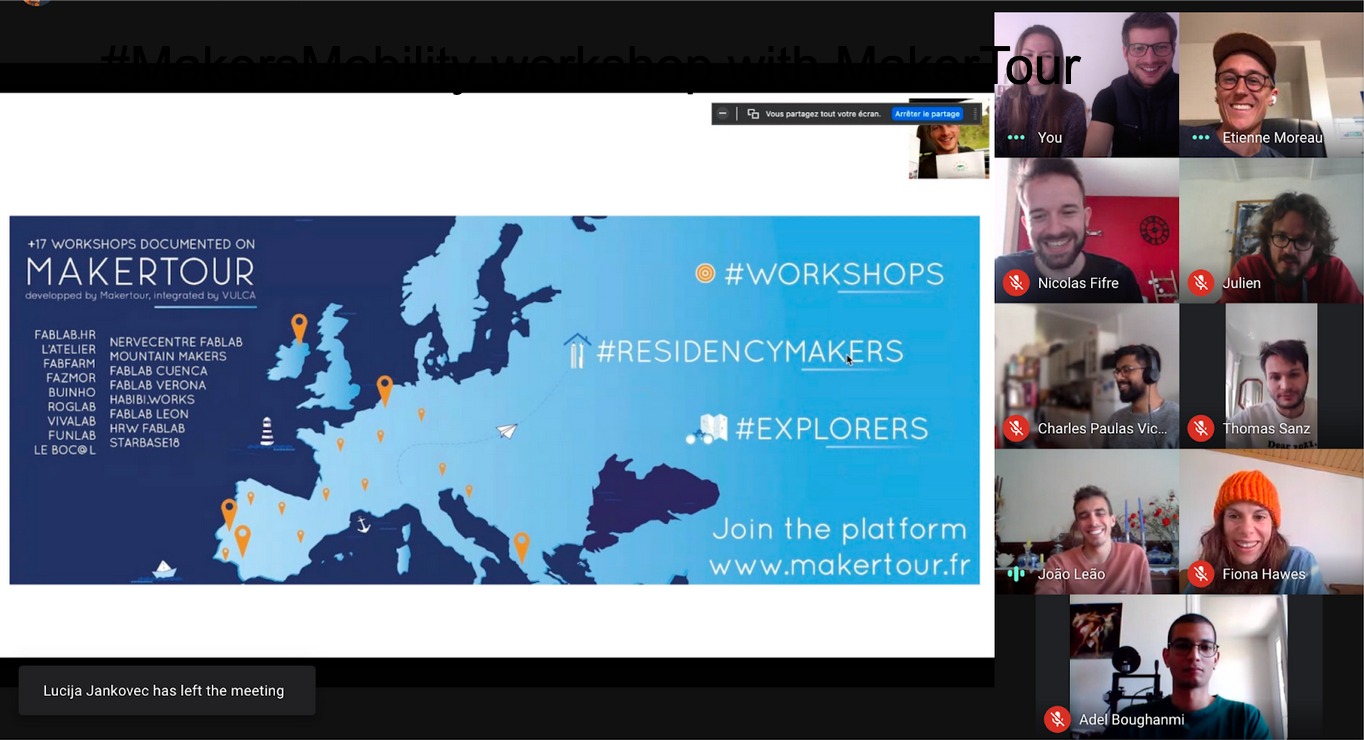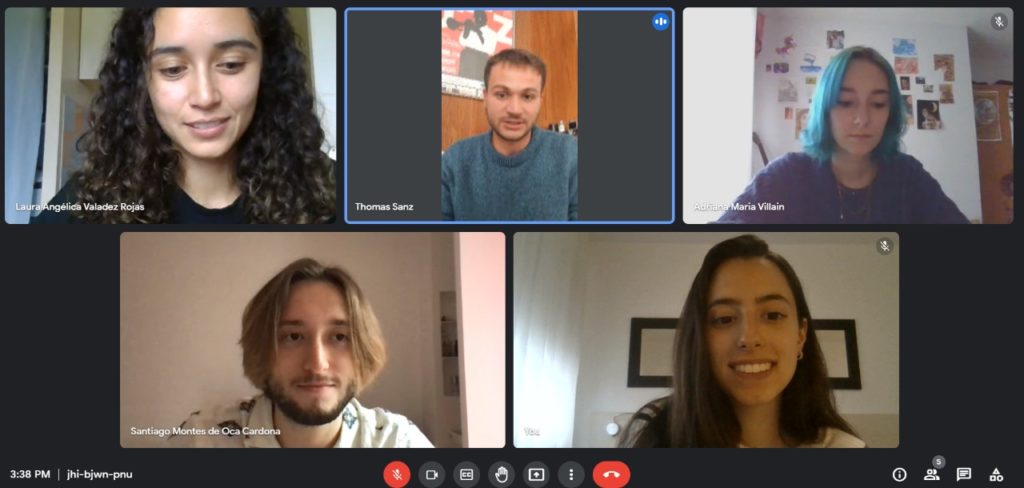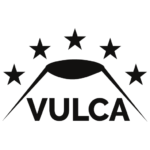
In 2021, Vulca merged with a French NGO – MakerTour – that gave us the platform they developed (https://www.makertour.fr). This platform was initially used for documenting fablabs and makerspaces all over the world with an emphasis on different projects they run within their space. As a Vulca NGO, we are very interested in assessing existing programs covering makers mobility and in facilitating the mobility of makers, so we started to extend this documentation, to eventually create a go-to platform for makers looking for residency opportunities. The infrastructure this platform had was already a good start for us, and we found a way to use it for promoting makers’ residencies. However, we want to further develop the platform, adding new functionalities to help makerspaces highlight their residency offers and to help makers find them.
The objectives of such development :

Our main objective is to identify if such a platform can be useful for makers and makerspaces, and how to make the platform more usable for residencies.
Over the past year, we have been conducting rather interviews with independent makers and makerspace managers, to try to understand what are the needs of the community, and how the platform should evolve to meet those needs.
Following the initial feedback, we identified the necessary steps:
- Developing a methodology to collect the users’ feedback in an analyzable way; for that we will make a first round of interviews with vulca members.
- Based on this methodology we will extend the interviews to all users of the platform, revisiting the methodology if necessary.
- With this data we will define a list of news functionalities we will later develop on the platform.
- We will organize a focus group during our seminar to check these news functionalities before developing them.
What has been achieved so far?

Few months ago, a group of MSCc students from Rennes School of Business contacted Vulca because they were looking for a real case study project, where they contribute to solving a problem that could have a positive impact on society. They got interested in the MakerTour project, so we decided to collaborate with them in the improvement of this platform. It is important to say that for the development of this research the participation of students was crucial, especially taking into consideration their knowledge in Creative Project Management, Culture and Design. Their conclusion that can be found in the report is the following one :
To answer this question, we have been organizing a series of interviews with experienced and new users of the platform. The plan is to interview at least 5 makers and 5 makerspace managers to identify their needs. So far, three of each have been interviewed and we are using these insights to create Customer Journey Maps that will help us later to suggest the new functionalities of the platform.
The reasoning behind focusing on the functionalities to improve visibility and accessibility of the Maker Residencies is to better solve the problem Vulca and MakerTour are facing. In accordance with original interactions with the teams behind the projects and with the first results, the makers and makerspaces agree that the biggest change that the Makertour platform should undergo is to ease-of-use and to share the experiences with others.
From the group of students.

After 5 months of work, this group of students was able to define the methodology for Vulca on how to collect users’ feedback. They designed the questions for the interview, and developed the pipeline of collecting and analyzing data. In the future, we will continue organizing the interviews to collect more feedback that will eventually lead to development of new functionalities.
If you have used the platform makertour.fr to find residency’s opportunity feel free to contact us on Facebook or Twitter. Your experience will be helpful to develop a platform dedicated to makers’ mobility.
During our next Vulca seminar we will present the result.
